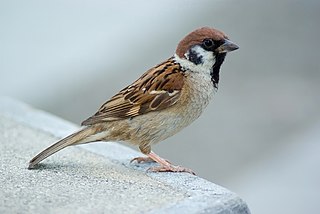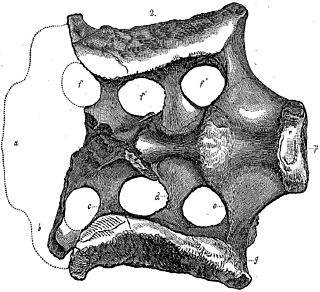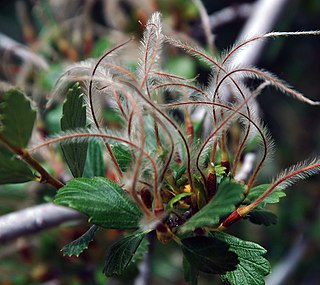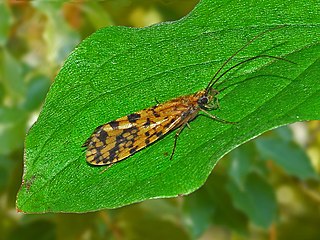Pope Agapetus I was the bishop of Rome from 13 May 535 to his death. His father, Gordianus, was a priest in Rome and he may have been related to two popes, Felix III and Gregory I.

Pope Agapetus II was the bishop of Rome and ruler of the Papal States from 10 May 946 to his death. A nominee of the princeps of Rome, Alberic II of Spoleto, his pontificate occurred during the period known as the Saeculum obscurum.
Montanism, known by its adherents as the New Prophecy, was an early Christian movement of the late 2nd century, later referred to by the name of its founder, Montanus. Montanism held views about the basic tenets of Christian theology similar to those of the wider Christian Church, but it was labelled a heresy for its belief in new prophetic figures. The prophetic movement called for a reliance on the spontaneity of the Holy Spirit and a more conservative personal ethic.

The Eurasian tree sparrow is a passerine bird in the sparrow family with a rich chestnut crown and nape and a black patch on each pure white cheek. The sexes are similarly plumaged, and young birds are a duller version of the adult. This sparrow breeds over most of temperate Eurasia and Southeast Asia, where it is known as the tree sparrow, and it has been introduced elsewhere including the United States, where it is known as the Eurasian tree sparrow or German sparrow to differentiate it from the native unrelated American tree sparrow. Although several subspecies are recognised, the appearance of this bird varies little across its extensive range.
Anthimus I was a Miaphysite patriarch of Constantinople from 535–536. He was the bishop or archbishop of Trebizond before accession to the Constantinople see. He was deposed by Pope Agapetus I for adhering to Monophysitism before March 13, 536, and later hidden by Theodora in her quarters for 12 years, until her death.

The caddisflies, or order Trichoptera, are a group of insects with aquatic larvae and terrestrial adults. There are approximately 14,500 described species, most of which can be divided into the suborders Integripalpia and Annulipalpia on the basis of the adult mouthparts. Integripalpian larvae construct a portable casing to protect themselves as they move around looking for food, while annulipalpian larvae make themselves a fixed retreat in which they remain, waiting for food to come to them. The affinities of the small third suborder Spicipalpia are unclear, and molecular analysis suggests it may not be monophyletic. Also called sedge-flies or rail-flies, the adults are small moth-like insects with two pairs of hairy membranous wings. They are closely related to the Lepidoptera which have scales on their wings; the two orders together form the superorder Amphiesmenoptera.
Agapetus was a deacon of the church of Hagia Sophia at Constantinople. He was a reputed tutor of Justinian, and author of a series of exhortations in seventy-two short chapters addressed around 527 to Justinian.

Atlantosaurus is a dubious genus of sauropod dinosaur. It contains a single species, Atlantosaurus montanus, from the upper Morrison Formation of Colorado, United States. Atlantosaurus was the first sauropod to be described during the infamous 19th century Bone Wars, during which scientific methodology suffered in favor of pursuit of academic acclaim.
The plains harvest mouse is a species of rodent in the family Cricetidae. It is found in northern Mexico and the central United States.
Montanus was the second-century founder of Montanism.

Cercocarpus montanus is a North American species of shrub or small tree in the family Rosaceae native to northern Mexico and the western United States. It is known by the common names alder-leaf mountain-mahogany, alder-leaf cercocarpus, and true mountain-mahogany. The variety argenteus is commonly known as silverleaf mountain-mahogany.
A. montanus may refer to:

Limnephilus is a genus of caddisflies in the family Limnephilidae. There are over 180 species of Limnephilus, described between 1824 and 1999.

Agapetus is a genus of little black caddisflies of the family Glossosomatidae. There are at least 210 described species in Agapetus.

Brachycentrus is a genus of humpless casemaker caddisflies in the family Brachycentridae. There are at least 30 described species in Brachycentrus.
Agapetus rossi is a species of little black caddisfly in the family Glossosomatidae. It is found in North America.

Philopotamus montanus, common name yellow spotted sedge, is a species of caddisfly belonging to the family Philopotamidae.








